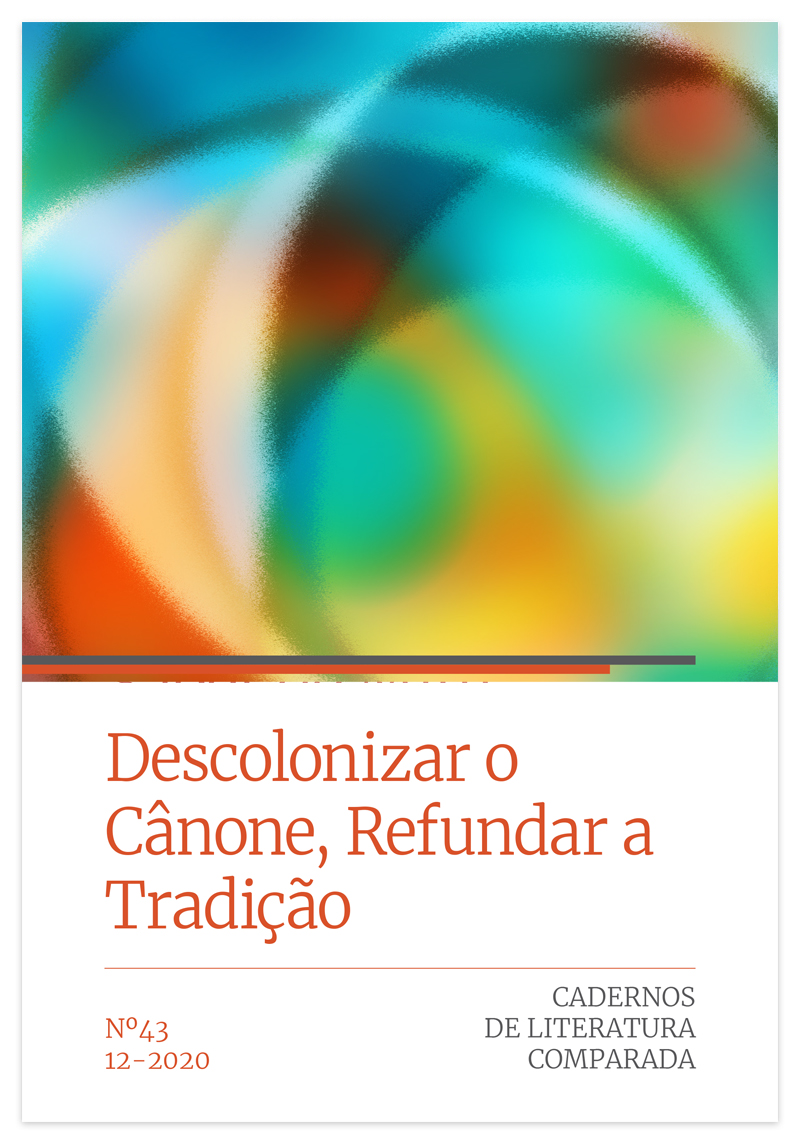Portuguese abroad: reflections on the circulation of Portuguese language literature
DOI:
https://doi.org/10.21747/21832242/litcomp43a16Keywords:
translation, canon, institutions, literary systems, circulation of literatureAbstract
The dissemination of a literary work depends on several factors, but its availability to the public is a sine qua non and, for that reason, translation plays a capital role in this process. However, literary works from peripheral systems will thus have particular difficulty in finding its way to their potential readers. We know that a translation into a central language may be a way for a work from a peripheral system to reach others of a similar dimension or condition (Sapiro 2008), but central systems do tend to leave little space for translated literature (Even-Zohar 1990). One should not be surprised, then, to learn that for Casanova “Translation is the major prize and weapon in international literary competition” (Casanova 2004: 133). How, in that case, can Portuguese language literature aspire to a place which could grant it more visibility? What are the main actors involved in the process? This paper tries to assess what circuits do these cultural products have access to, and how the selection of works and authors to be translated mirrors, if at all, a cultural project and/or policy.


